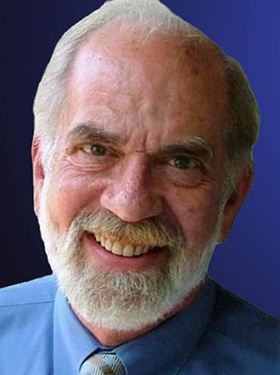The Biden administration is proposing a new tax on households worth more than $100 million. Tagged as a “billionaire tax,” the new levy would apply not just to ordinary income, but also to unrealized capital gains. If a wealthy person owns shares of stock and the stock is worth more today than when it was purchased, Biden wants the federal government to take 20 percent of the increase. So, what’s wrong with that?










